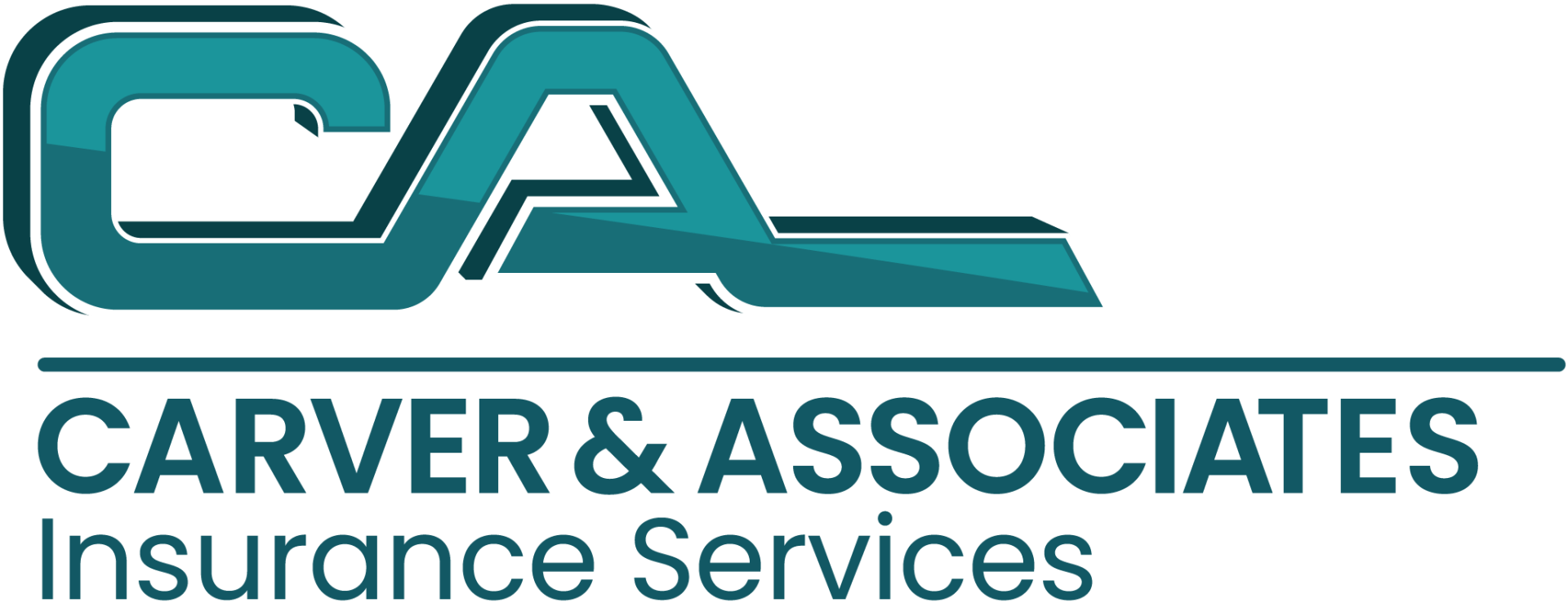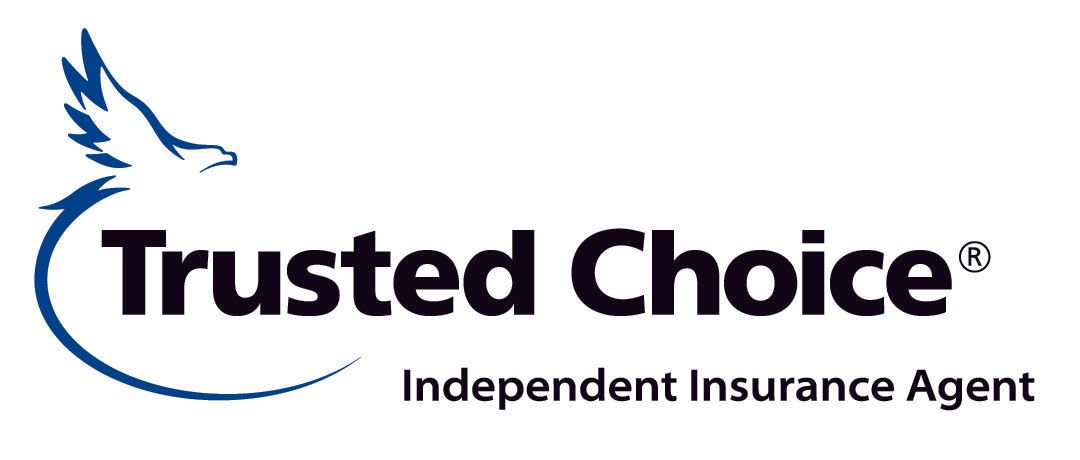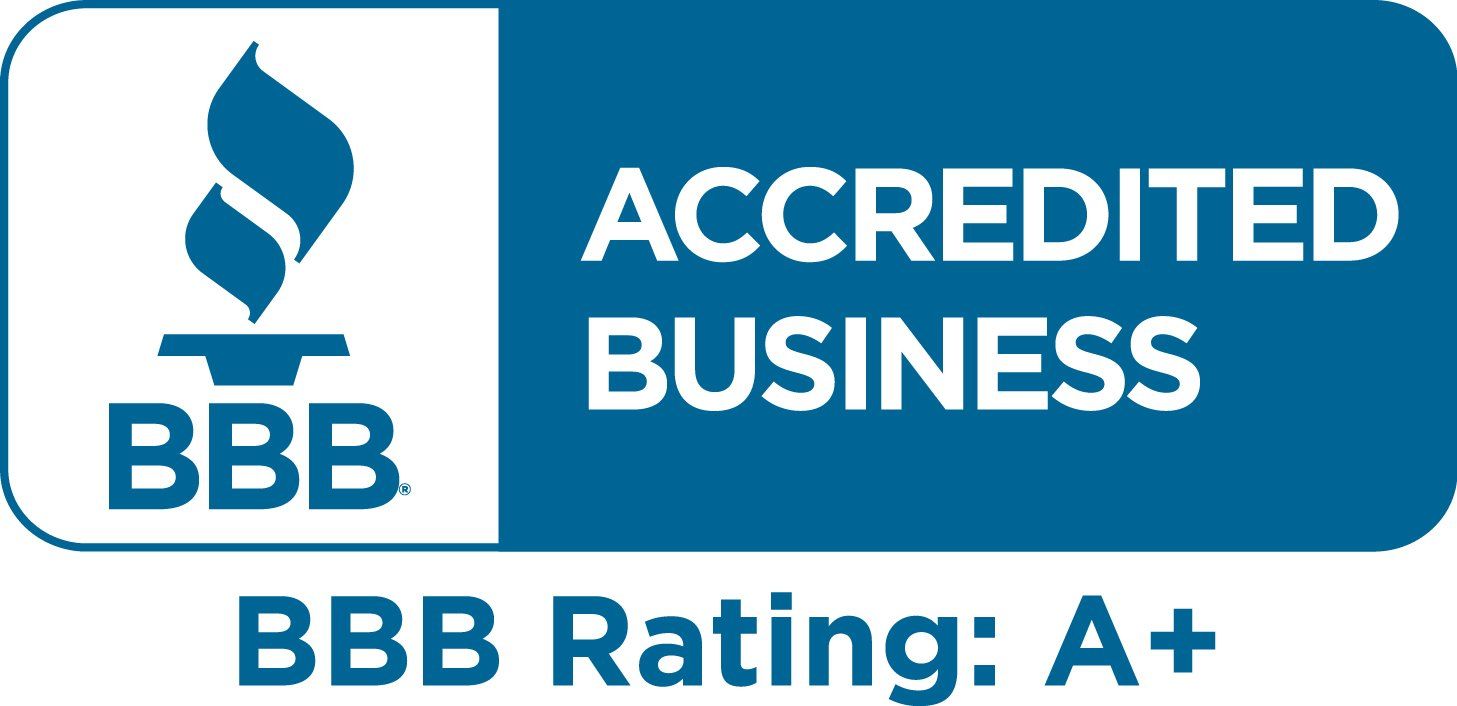Personal & Commerical Insurance Experts
WHAT WE DO
Carver and Associates has been servicing your insurance needs for years. We are built on the principles of providing superior customer service and quality insurance solutions for our customers. As an independent agent, we work with select insurance companies that have proven their performance over the years.
We are dedicated to getting you the best insurance products and services available today to protect you, your family, and your business.
Personal Insurance
Protect yourself, your family and your way of life with a customized insurance plan. At Carver & Associates, we have insurance packages that cover auto, home, renters, umbrella, watercraft, motor homes, motorcycles, scheduled property (inland marine), and more.
Commercial Insurance
Prepare your business for the unexpected with a custom commercial insurance plan. At Carver & Associates, we have insurance packages that cover property, general liability, workers compensation, professional liability, contractors' equipment, directors & officers liability, and more.



